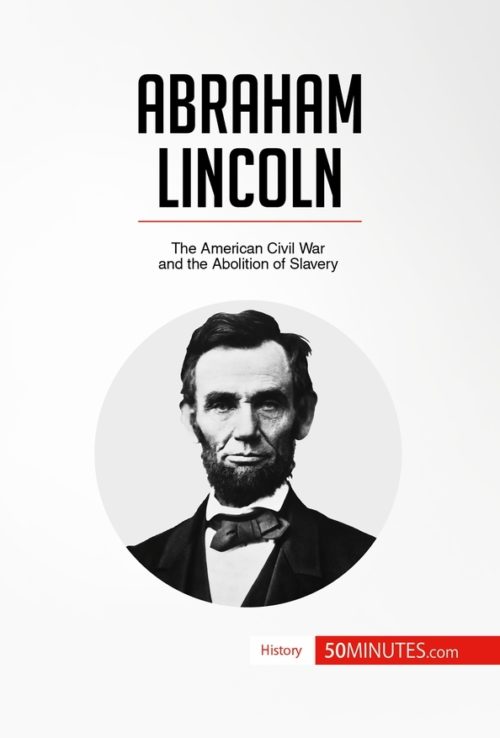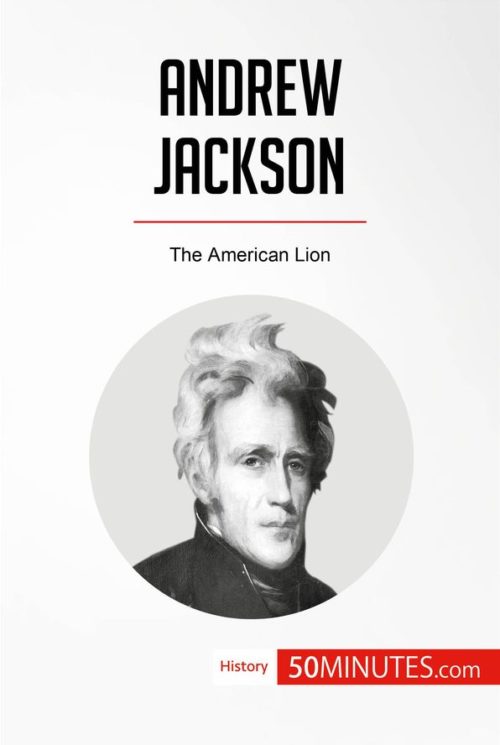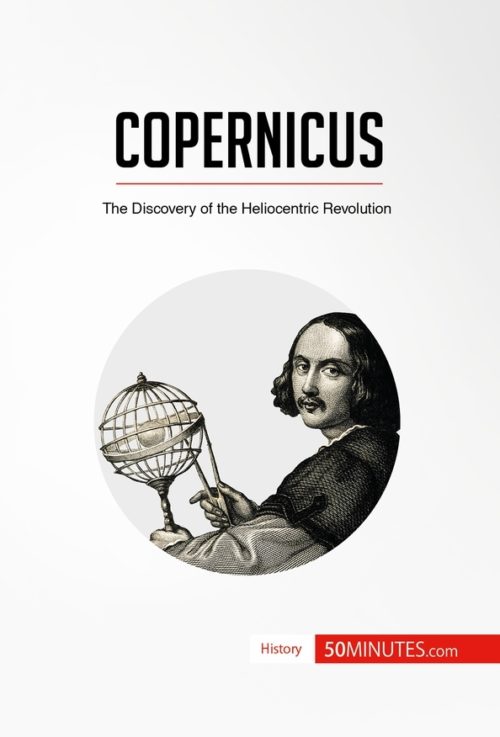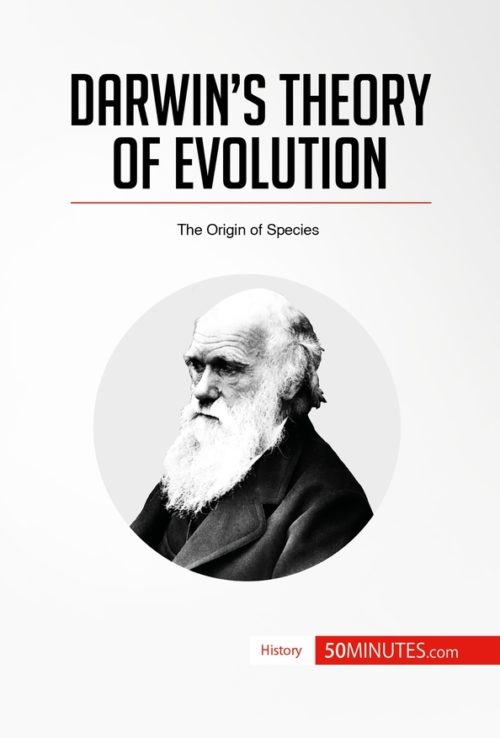On the morning of 11 September 2001, terrorists hijacked four passenger flights and crashed the planes into the Twin Towers, the Pentagon and a field near Shanksville, Pennsylvania (the plane was heading for Washington, but the passengers fought to wrest control from the terrorists), killing almost 3000 people and wounding thousands more. This terrorist attack sent shockwaves around the world...
Read more
-
Abraham Lincoln was the 16th President of the United States and remains one of the most important figures in American history. Known in particular for leading the Union to victory in the American Civil War and ending slavery through the Emancipation Proclamation, this iconic leader oversaw a period of profound social change, economic modernization and territorial expansion, and paved the...
Read more -
Adolf Hitler, the leader of the Nazi Party and Führer of Nazi Germany from 1934 to 1945, is widely viewed as one of the most evil men in history. Driven by rabid anti-Semitism and a belief in the inherent superiority of the Aryan race, Hitler was directly responsible for the outbreak of the Second World War and masterminded the Holocaust,...
Read more -
Albert Einstein was a theoretical physicist who is now famous across the world as one of the greatest scientists of all time. Known in particular for his development of the theories of general relativity and special relativity, Einstein completely shattered previously held conceptions about the universe and was also renowned for his committed political stances. In just 50 minutes, you...
Read more -
Andrew Jackson was the 7th President of the United States of America. After his heroic leadership during the Battle of New Orleans in 1815, Jackson was celebrated as a national hero, and this popularity helped carry him to the White House in 1828. During his two terms at the head of the young nation, the man known as the American Lion strengthened the...
Read more -
Apartheid was a system of racial segregation which was maintained in South Africa between 1948 and 1991. It aimed to regulate relationships between whites and non-whites and ensure the domination of the country's white minority. Particularly infamous for the extreme cruelty that black South Africans were made to suffer, the apartheid regime was probably one of the most significant events of the...
Read more -
Bloody Sunday, also known as the Bogside Massacre, was a key event in Irish-British relations and marked the start of what would later be known as the Troubles. During a supposedly peaceful demonstration in Londonderry, Northern Ireland, 13 civilians, the majority of whom were younger than 20 years old, were shot and killed by the British Parachute Regiment. This bloody attack set...
Read more -
In 1492, three ships captained by the Genoese explorer Christopher Columbus arrived in the New World. Although the Viking explorer Leif Eriksson had first discovered the Americas almost 500 years earlier, Columbus and his men were the first to establish sustained contact with the continent's indigenous populations. While his expedition brought immense wealth to the Spanish Crown and made it...
Read more -
Gabrielle Chanel, better known as Coco Chanel, was one of the most influential fashion designers of the 20th century, and breathed new life into the fashion world with her elegant yet practical clothing. From the iconic little black dress to her menswear-inspired outfits and famous short haircut, Chanel was not afraid to rip up the rulebook and develop her own...
Read more -
The work of Nicolaus Copernicus marked a major turning point in the history of astronomy. It was previously believed that the Earth was stationary in the middle of a finite universe, as described in the works of Aristotle and Ptolemy, but this all changed with the heliocentric model put forward by Copernicus. According to this new theory, the sun was...
Read more -
In 1859, Charles Darwin’s seminal book On the Origin of Species by Means of Natural Selection was published and presented the groundbreaking idea that all species on Earth are the result of a slow process of evolution and continue to evolve as part of the struggle now commonly known as the survival of the fittest. Darwin’s conclusions were the fruit...
Read more











